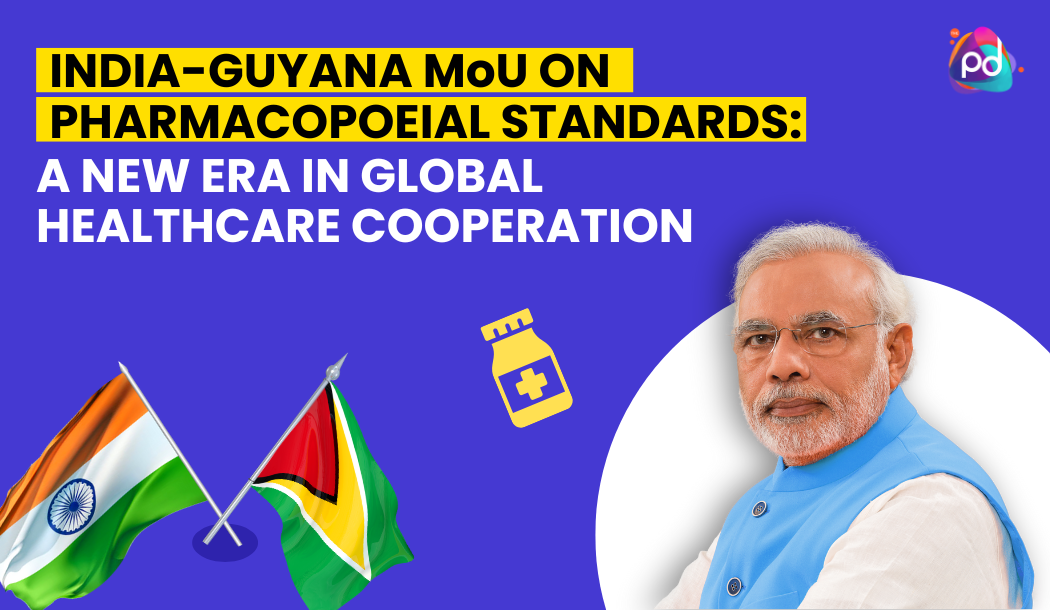Pharma Sahi Daam App: Revolutionizing Medicine Price Transparency in India
What is GMP (Good Manufacturing Practices)?
Ensuring Quality and Safety in Production
Introduction
Good Manufacturing Practices (GMP) are a set of regulations, codes, and guidelines for manufacturing industries, particularly those related to food, beverages, pharmaceuticals, dietary supplements, and cosmetics. These standards are designed to ensure that products are consistently produced and controlled according to quality standards. GMP covers all aspects of production from the starting materials, premises, and equipment to the training and personal hygiene of staff. Detailed, written procedures are essential for each process that could affect the quality of the finished product. This blog explores the importance, key components, and benefits of adhering to GMP regulations.
What is Good Manufacturing Practices (GMP)?
Good Manufacturing Practices (GMP) are guidelines that provide a system of processes, procedures, and documentation to assure the product produced has the identity, strength, composition, quality, and purity that it is represented to possess. These are regulatory requirements that manufacturers must follow to ensure their products are consistently high in quality, from batch to batch, for their intended use. The main goal is to minimize the risks involved in any pharmaceutical production that cannot be eliminated through testing the final product.

The Role of GMP
GMP regulations address issues including recordkeeping, personnel qualifications, sanitation, cleanliness, equipment verification, process validation, and complaint handling. This comprehensive approach ensures:
-
Product Quality and Uniformity: GMP helps ensure that products are produced and controlled according to the quality standards appropriate for their intended use.
-
Consumer Safety: GMP minimizes the risks involved in production that can cause harm to the consumer.
-
Global Standards: Many countries have legislated that pharmaceutical and medical device manufacturers must follow GMP procedures and have created their own GMP guidelines that correspond with their legislation.
Key Components of GMP
-
Quality Management: The establishment of a quality management system is fundamental in GMP. It ensures that products are consistently produced and controlled according to quality standards.
-
Premises and Equipment: GMP standards require that production facilities must maintain a clean and hygienic manufacturing area. Equipment must be maintained to prevent contamination or errors.
-
Documentation and Record Keeping: Documentation is a critical part of the GMP process. Records provide traceability and a history of how each batch of a product was handled and verified.
-
Production and Process Controls: GMP ensures that the manufacturing process is clearly defined, controlled, validated, and verified to ensure consistency and compliance with specifications.
-
Personnel: Adequate training and qualification of personnel are essential. Everyone involved in the manufacturing process must be trained to understand and follow GMP principles.
-
Quality Control (QC): This involves checking raw materials, at various stages of production, and of the finished product. QC ensures that the product meets all quality criteria.
Benefits of Implementing GMP
-
Ensures Consistent Quality: By adhering to GMP guidelines, manufacturers can ensure that their products are consistently produced and controlled to the quality standards necessary for their intended use and as required by the marketing authorization.
-
Builds Consumer Trust: Compliance with GMP reassures the public that a product is safe and of high quality.
-
Regulatory Compliance: GMP compliance is legally enforced in many countries, making it a critical component for manufacturing and international product sales.
-
Reduces Operational Costs: GMP compliance helps reduce wastage and the cost of non-compliance, which can include recalls, reputational damage, and fines.
Conclusion
Good Manufacturing Practices are not just regulatory requirements; they are practical steps that ensure quality, efficacy, and safety in the production process. For companies in the pharmaceutical, food, and beverage industries, GMP is integral to building a sustainable business that values quality and cares for its consumers' safety. By strictly adhering to these practices, manufacturers can ensure they not only meet but exceed regulatory standards, thereby opening up greater markets and opportunities for growth.
Checkout our Latest Podcast Details:
🎓 Dive into the world of pharmaceutical compliance with our latest video: "What is the meaning of GxP? | Podcast on GxP & Quality with Mr. Harsh Thakkar, CEO of Qualtivate |". 🚀 Join us as we explore critical quality assurance standards with an industry expert!
🔬 "What is the meaning of GxP? | Podcast on GxP & Quality with Mr. Harsh Thakkar, CEO of Qualtivate |" uncovers the essentials of Good Laboratory Practice (GLP), Good Clinical Practice (GCP), and Good Manufacturing Practice (GMP). This podcast is perfect for pharmacy students, professionals, and anyone interested in pharmaceutical quality control. 🌟
👥 Featuring Mr. Harsh Thakkar, a leading voice in pharmaceutical quality and compliance, this video is a must-watch! Whether you're gearing up for placements or just curious about the industry's best practices, "What is the meaning of GxP? | Podcast on GxP & Quality with Mr. Harsh Thakkar, CEO of Qualtivate |" offers invaluable insights.
📈 Don't forget to LIKE, SUBSCRIBE, and SHARE "What is the meaning of GxP? | Podcast on GxP & Quality with Mr. Harsh Thakkar, CEO of Qualtivate |" to keep up with all things pharmacy and quality assurance! 🔗
Podcast Link:
https://www.youtube.com/watch?v=rLQkD79Wx3I&t=41s













